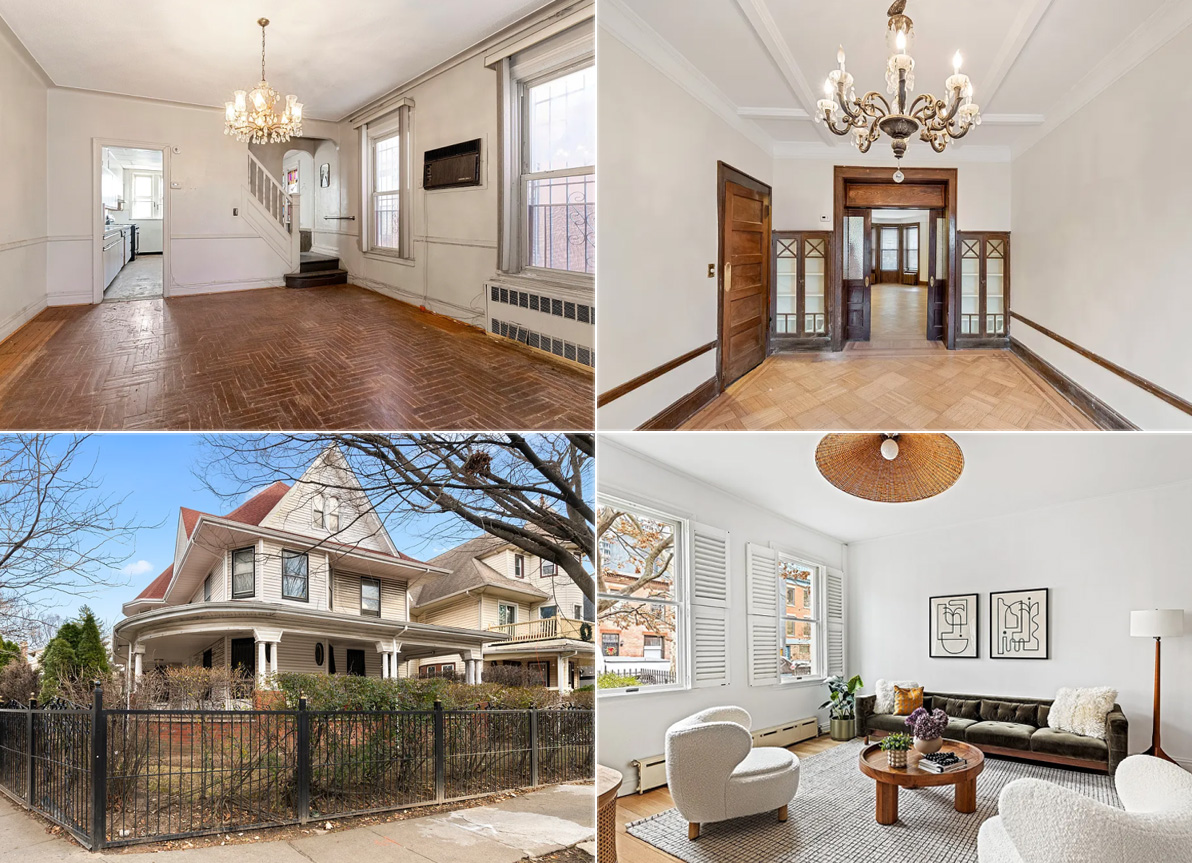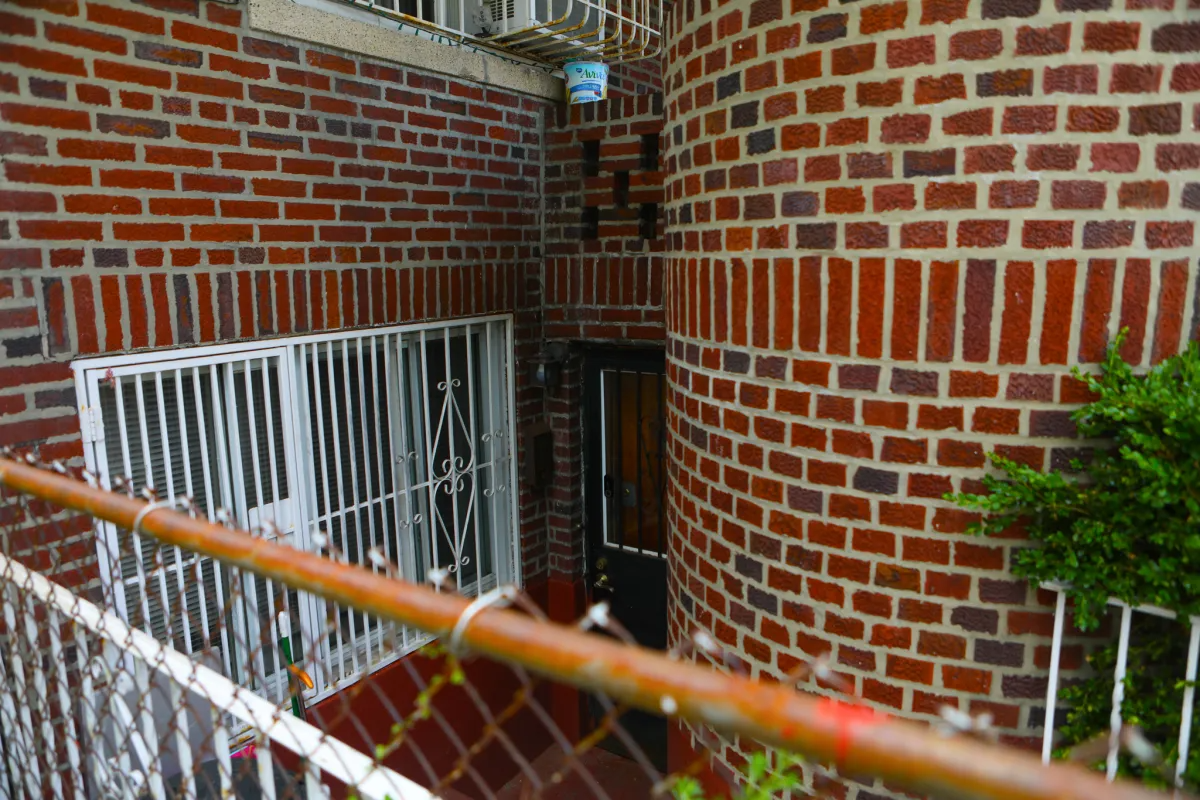Working With Contractors: What You Can Do to Make Your Renovation a Success
Finding the right contractor is key to a successful renovation, but it’s not everything. Believe it or not, the client is a key part of the process, and not just when it comes time for you to sign a check. Planning, communicating, and asking the right questions of your contractor and yourself — these are all crucially important to making sure…
Finding the right contractor is key to a successful renovation, but it’s not everything. Believe it or not, the client is a key part of the process, and not just when it comes time for you to sign a check. Planning, communicating, and asking the right questions of your contractor and yourself — these are all crucially important to making sure you get what you want, with a minimum of delays and nasty surprises.

We asked several of our Brownstoner Local Home Pros what their clients can do to minimize renovation headaches and ensure their project will be a success.
First, decide whether you are repairing or really renovating.
“Before you start buying materials or hiring contractors, you need to decide whether you are aiming for small repairs or a major renovation. If you are looking to address a few problem areas in one room — like installing a new toilet, or replacing tile grout, or painting cabinets — you’re probably in handyman territory. But if you’re envisioning new fixtures and finishes throughout a room, you’re probably looking at a full renovation and you’ll need a licensed and experienced general contractor who can oversee the whole project.”
— Jean Brownhill Lauer, founder and CEO of Sweeten
Narrow down your options.
“There are many design possibilities for any project. Even if you think you know the answer, ask your building professional to help you identify another two to three high-level options for your project. These might vary in their design approach, scope and cost. Take the time to explore the pros and cons of each, including their cost, before you make a decision. Keep in mind: many times the best answer is not the obvious one, so choose carefully.”
— Themis Haralabides, president and co-founder of reBUILD Workshop
Negotiate the price.
“When reviewing a detailed estimate for the proposed work, most experienced contractors should be willing to offer a negotiated price. Our advice to a home owner interviewing a potential contractor is to ask for a discount. We often offer incentives for starting with us promptly after receiving our estimate, or by combining scope of work for future plans along with the current proposed work.”
— Tambi Kat of Perfect Renovation
Don’t rush.
“Have a clear idea of what you want before moving on to the actual building phase. What do you want exactly? If you end up making so many changes during the course of production that you end up redoing work, this can be very expensive. Clear communication between the owner, architect, and builder prevents mistakes and saves time and money.”
— Aki Baker of Baker Design + Build
Make a plan and stick to it.
“Making sure that plans and material specifications are all decided upon prior to starting any work is the most efficient way to work with your builder/contractor. This allows any bids to provide an apples-to-apples comparison as all contractors will be bidding off the same project specs. It also ensures that once work has started, the construction can proceed efficiently and without delay while also eliminating the need for change orders.
“On all our projects we have full sets of blueprints and elevations along with a very detailed list of material specifications prepared prior to any work starting. While there may always be some hidden site condition items that pop up when working in an old house, which may necessitate additional work and costs, having detailed plans and specifications prior to starting work allows for an efficient construction process without delays and without added costs.”
— Constantine Rigas of Curated Design Build
Decide what’s important to you.
“Your home is a reflection of you – of how you live and your values. Beyond the cost of your project there are other important decisions you’ll need to make. Take a moment to understand what is important to you, whether it is the environmental impact of the materials, the quality of the construction, or how your life will change over time. Make sure that your values are incorporated into each step of the process.”
— Themis Haralabides of reBUILD Workshop
Have a plan for how you’re going to live during the renovation.
“Many homeowners are unprepared for the weeks of cohabitation during the renovation. Plan ahead to allocate enough space for you and your contractor to properly function in the dwelling. Additionally, an efficiently planned project — where a homeowner has done their homework regarding the selection of colors, finishes and stylistic choices — will greatly help move the project along efficiently. Lastly, be available for site meetings with your contractor. These meetings are critical to allow a discussion to take place to cover topics such as project progress, anticipated work for the weeks ahead, and to shed light on hidden or unknown conditions that often show themselves on a typical construction site.”
— Tambi Kat of Perfect Renovation
Visit Brownstoner Home Pros to find the contractor that is right for you.
Businesses Mentioned in the Post
[blankslate_pages id=”d55bfafc090681, d54b691a9a8112, d53603bb1315e5, d564cabf7ac716, d54d3ce9be5871″ type=”card” show_photo=”true” utm_content=””][/blankslate_pages]






What's Your Take? Leave a Comment